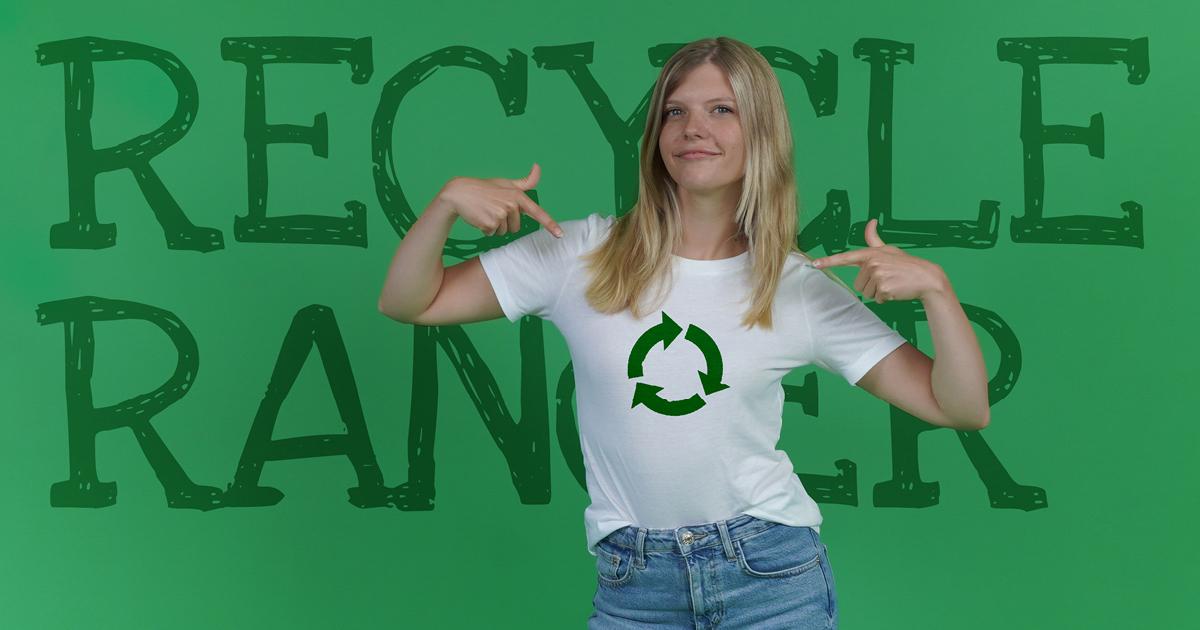People who are serious about Zero Waste see these questions as a challenge. They exchange ideas and tinker around until they find a solution for everything. Of course, it’s not about growing cotton in your own garden and making pants out of it later. The goal is to be smart about waste – and you can do that, for example, with the 5-R rule.
“‘The Basic Law’ of Zero Waste was developed by blogger, author and working family mother Béa Johnson,” writes the Zero Waste Münster e. V. association. [1] Johnson suggests following five principles to reduce waste:
1. Refuse
Refuse what you don’t need. This includes, for example, all the unsolicited or unwanted flyers in our mailboxes or the disposable bags we get in the supermarket for our groceries.
2. Reduce
Buy and own only what you really need. If you think about it, you can really avoid a lot of unnecessary waste with this principle!
3. Reuse
Reuse things. Many things are thrown away only because people are too lazy to repair them, give them away, sell them or upgrade them through upcycling. More often than not, the effort wouldn’t even be that big.
4. Recycle
Recycle raw materials. This is probably the rule with which we are most familiar. However, only things that are really broken and can no longer be used should be recycled. And don’t forget to separate correctly!
5. Rot
Compost everything that can be composted. This applies especially to food scraps – they make up a large part of our daily waste. Organic waste can thus be converted into compost and recycled as a natural fertilizer.
The beauty of these principles is that you can apply them even if you don’t have the ambition to reduce your waste volume to zero. You can, for example, try the “buy nothing new” principle for a while and discover new ways to procure used clothing, furniture and other commodities. This will surely be a lot more exciting than the usual shopping when you just clicking “order” in an online store.
And you can also save a lot of money by avoiding waste. In the past, it was a matter of principle to limit new acquisition as much as possible, to repair broken items and to reuse things as well as raw materials. And what reason is there to stop doing just that? After all, the Fridays For Future movement has shown how cool and stylish used clothes, metal water bottles and demo signs made of cardboard boxes look.
Are you curious? Then get started as a “Recycle Ranger” and reduce waste at one point in your life. Maybe you’ll enjoy it so much that you’ll want to go completely waste-free!

















